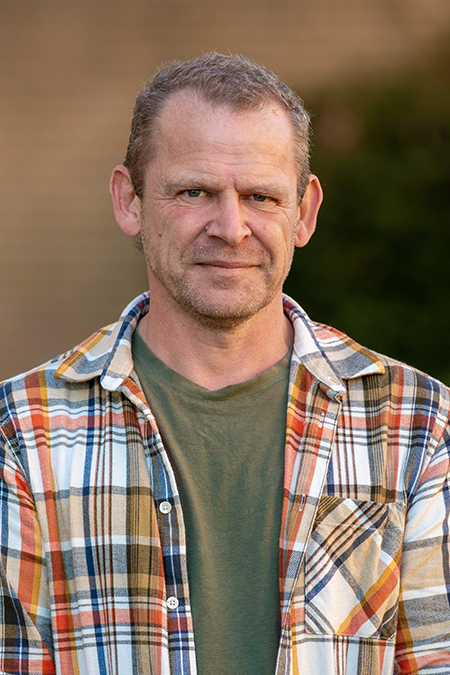Exploring new ways to examine social inequality
Meet Michael Fehsenfeld
“I would like to contribute to ensuring that the most vulnerable in our society benefit just as much from our healthcare services as everyone else.”
Why should there be a greater chance of falling ill, benefiting less from our healthcare system and dying earlier, just because you have limited education, a low income or a poor social network?
This question is at the core of Assistant Professor Michael Fehsenfeld’s research.
The social determinants of health need further study
“For many years, we have known that inequality in health follows social position – that is to say, the social determinants of health. But we have very little knowledge about how social and societal factors impact on health. And it is important to understand these mechanisms, if we are to do something about social inequality in health,” he says.
Michael Fehsenfeld and his research colleagues focus on understanding the interplay between citizens and their health practice, and on how we organise society, for example the healthcare system, and on the broader social structures.
“I think it’s important that we build on the knowledge that we already have, so that we can thoroughly examine the ‘causes of the causes’ of social inequality in health. We need to understand how social structures affect health, and cause inequality in health, if we want to be able to change the livelihoods of the most vulnerable in society,” says Michael Fehsenfeld.
Does the encounter between the citizen and the healthcare system affect the citizen’s access to healthcare?
In one of his research projects, Michael Fehsenfeld is investigating social inequality in health with a novel approach focusing on organisational determinants. Here, he and his colleagues use a qualitative approach to analyse the encounter between citizens and the healthcare system. This is to better understand how this ‘meeting’ can either facilitate or hinder the access of vulnerable citizens to healthcare services. More specifically, the researchers follow citizens with complex social and health needs around the system to map how they navigate their encounters with different professionals across different sectors.
Michael Fehsenfeld, born in 1968, has spent the past 15 years working with different aspects of health in relation to vulnerable groups, including the homeless, the socially disadvantaged, substance users and inmates in prisons.
“I’ve worked with the most vulnerable groups in society, both in practice and research. I’ve tried to create better opportunities for these people and create more knowledge about how we can counter socially-based inequality in health. My hope is that we will be able to find innovate approaches to our healthcare system, so that the most vulnerable can benefit just as much from our universal healthcare services as everyone else,” he says.
